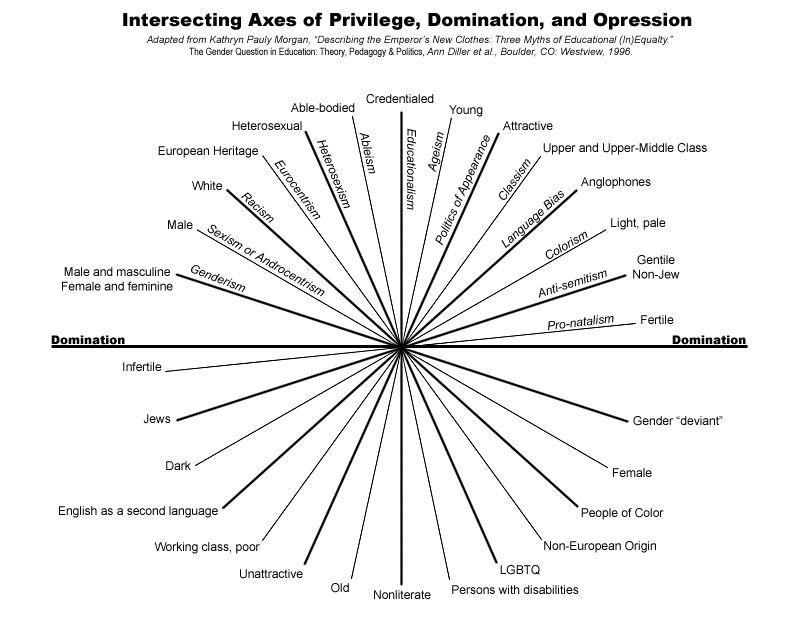It has recently been revealed that last Sunday, the Israeli Cabinet has passed new changes to their protocol, giving more power to the Prime Minister. Globes reported last week:
The cabinet today approved changes to cabinet protocol, which broaden the prime minister's powers, giving him greater control over ministers' work.
The 51-page document lists amendments drawn up Cabinet Secretary Zvi Hauser as part of staff work to facilitate the cabinet's decision-making process. These are the first changes to the cabinet procedures since Israel's independence in 1948, when the original procedures were written.
The amendments are even more significant at this time in view of reports of a possible strike by Israel against Iran within months.
The amendments allow the prime minister to decide, when distributing the cabinet agenda, that ministers absent from the meeting will not be allowed to vote in absentia, which they can currently do, and may only vote if they have prearranged another minister to vote on their behalf.
Another amendment allows the prime minister to change the agenda set by the ministerial committee, and decide whether to hold or to postpone a cabinet meeting "due to special grounds that will be notified to the committee chairman". The problem with this authority granted to the prime minister is that he will be able to submit an issue for a vote several times until it is passed; alternatively, he can remove an issue from the agenda at his sole discretion.
Other amendments state that telephone votes by the cabinet will be signed within 12 hours of the vote, and that the prime minister can shorten this time as he sees fit. He also now has the right to appeal decisions by ministerial committees, and he will also have the right to decide that a cabinet decision against which a ministerial committee has appealed will not be valid until the cabinet again discusses the issue. (emphasis added) [1]
This is quite disturbing as it essentially gives the Prime Minister the power to force his agenda on the entire government. By allowing him to decide what bills are and are not up for votes, he essentially controls the legislative process. He can then ensure that his agenda is given the green light by the Cabinet by shortening the time length of telephone votes, which will have the effect of squashing any opposition by simply forcing dissenting members to make a split decision without having ample time to state their arguments. A potential side effect of this is that the possibility of making a hasty decision that will have horrid short- or long-term effects could potentially increase substantially due to the Cabinet not having sufficient time to consider the consequences of the action(s) that is being proposed.
Many speculate that the reason such changes were made was because of the possibility of a military attack on Iran. This is quite possible, as recently leaked documents [2] show that Israel is in fact planning an attack on Iran. Thus, such new powers would come in handy of Netanyahu to force his pro-war agenda on Israel.
These new changes put Israel's very democracy at risk. Labor Party chairwoman MK Shelly Yachimovic stated that such modifications to Cabinet protocol "disrupt the cabinet's decision-making process and transfer the government's authority to one man - himself" and that ""Fateful political, defense, and socioeconomic decisions are liable to be taken without substantive cabinet discussion as required." [3]
Just like with the United States, any powers the Prime Minister currently has, the next Prime Minister will receive as well. The very fabric of Israeli society is now at risk and a dictatorship may be slowly on its way into existence.
Endnotes
1: "Netanyahu granted more Cabinet powers," Globes, August 12, 2012 (http://www.globes.co.il/serveen/globes/docview.asp?did=1000773314&fid=1725)
2: Richard Silverstein, "Netanyahu's Secret War Plan: Leaked Document Outlines Israel's "Shock and Awe" Plan to Attack Iran," Global Research, August 16, 2012 (http://globalresearch.ca/index.php?context=va&aid=32380)
3: Globes, August 12, 2012



